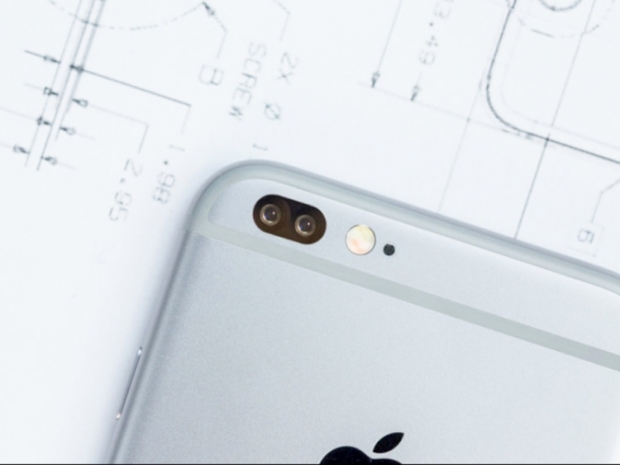The supply cut, according to the sources, stems from some vaguely cited problems with “flawed components” that are producing low yields. According to the report, it would mean higher costs for the manufacturers of the particular parts in question in order to get volume production back to Apple’s requested levels. This would translate to lower overall iPhone shipments in the company’s fiscal 2H16, with a potential year-over-year revenue decline depending on the yield rates.
As we wrote in May, the company requested up to 78 million iPhone 7 units by the year’s end, compared with between 85 and 90 million for 2015. The Nikkei report, however, says one more supplier in the company’s component chain had only received an initial order for 54 million units of its particular component for the new handsets.
According to other sources familiar with Apple’s supply chain, the number of core processor chip shipments “may drop up to 15 percent” compared to 2015 supply chain orders, while panel orders “are dropping around 20 percent” compared to orders placed in the same period.
"We estimate total iPhone 7 builds to be 74 (million) in 2H16F, compared to 84 (million) for iPhone 6s in 2H15. Together with pricing pressure, we expect most Apple food chain suppliers to see (year-on-year) revenue decline for the rest of the year," says Jeffrey Pu, an analyst with Yuanta Investment in a note dated Aug. 23.
The note forecasts iPhone production to drop by five percent between the July to December period from 120 million units to 114 million, apparently due to defects in the waterproof speaker and dual-camera module “which have yet to be resolved”.
Of course, the "sentiments" of low yield supply problems and forecast cuts are not concretely cited by any component suppliers themselves and have been mentioned year on year for several iPhone generations now, but it is possible Apple could have another limited production run of iPhones as it has done for the past two quarters.
"Apple's panel orders for new iPhones are dropping around 20 percent year-over-year, and that leaves major suppliers such as Japan Display hungry for more orders," said Ellike Chen, an analyst at Beijing-based Sigmaintell Consulting.
The company is expected to announce pre-orders for its tenth-generation iPhone lineup in the second week of September, with a release following later in the month.




